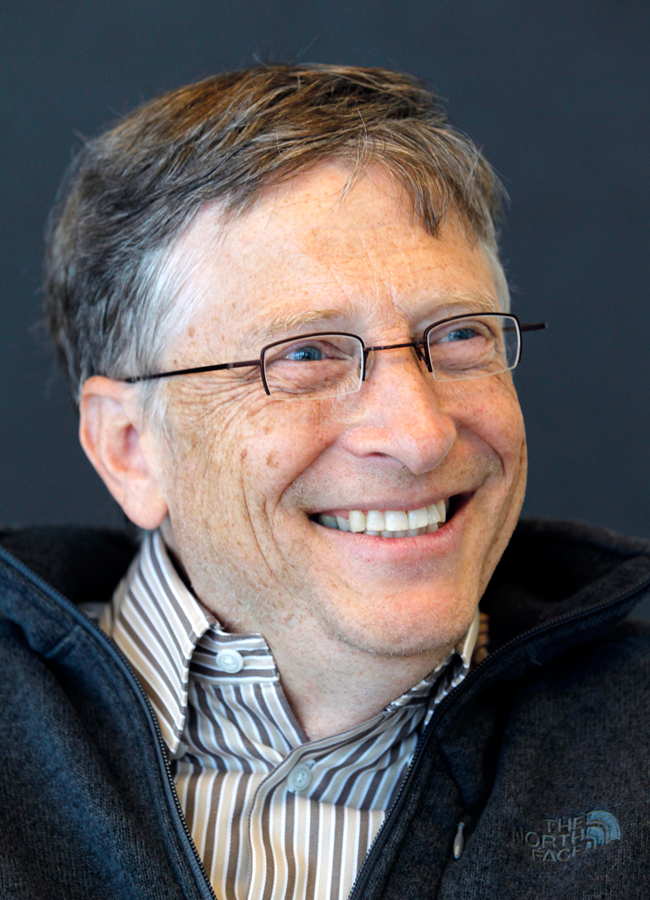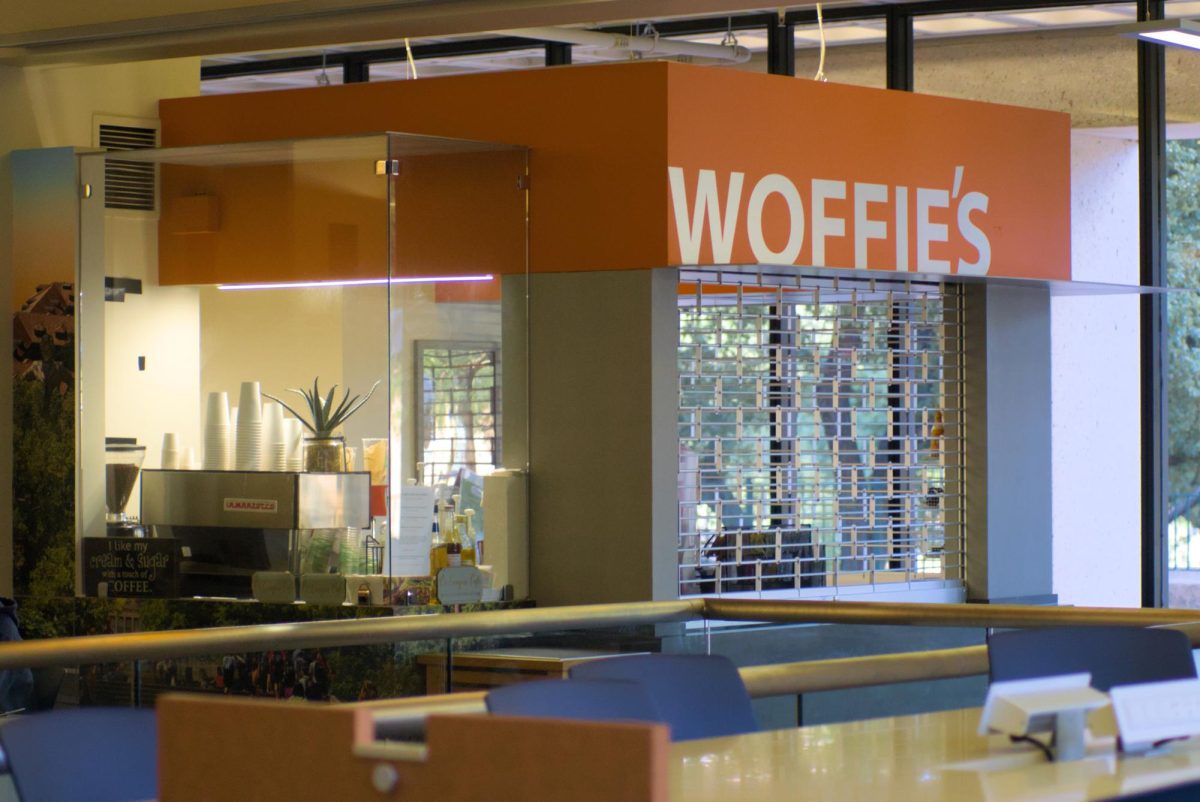KIRKLAND, Wash. — Bill Gates has a terse response to criticism that the high-tech solutions he advocates for world hunger are too expensive or bad for the environment: Countries can embrace modern seed technology and genetic modification or their citizens will starve.
When he was in high school in the 1960s, people worried there wouldn’t be enough food to feed the world, Gates recalled in his fourth annual letter, which was published online Tuesday. But the “green revolution,” which transformed agriculture with high-yield crop varieties, warded off famine.
Gates is among those who believe another, similar revolution is needed now. The Bill & Melinda Gates Foundation has spent about $2 billion in the past five years to fight poverty and hunger in Africa and Asia, and much of that money has gone toward improving agricultural productivity.
Gates doesn’t apologize for his endorsement of modern agriculture or sidestep criticism of genetic modification. He told The Associated Press that he finds it ironic that most people who oppose genetic engineering in plant breeding live in rich nations that he believes are responsible for global climate change that will lead to more starvation and malnutrition for the poor.
Resistance to new technology is “again hurting the people who had nothing to do with climate change happening,” Gates said.
Groups resistant to genetic modification and other hallmarks of modern agriculture, such as pesticides and petroleum-based fertilizers, generally object on two grounds — concerns about the environment and the high cost of the seed and chemicals used in modern farming.
Bill Freese, a science policy analyst for the Center for Food Safety, said everyone wants to see things get better for hungry people, but genetically modified plants are more likely to make their developers rich than feed the poor. The seed is too expensive and has a high failure rate, he said. Better ways to increase yields would be increasing the fertility of soil by adding organic matter or combining plants growing in the same field to combat pests, he said.
The biggest problem with those alternatives, Freese said, is the same that Gates cited in high-tech research: A lack of development money.
In his 24-page letter, the Microsoft Corp. chairman lamented that more money isn’t spent on agriculture research and noted that of the $3 billion spent each year on work on the seven most important crops, only 10 percent focuses on problems in poor countries.
“Given the central role that food plays in human welfare and national stability, it is shocking — not to mention short-sighted and potentially dangerous — how little money is spent on agricultural research,” he wrote in his letter, calling for wealthier nations to step up.
Gates expressed in his letter and in person concern that the U.S. and other rich nations continue to support foreign aid.
“If you ask people should we provide AIDS drugs to people who need them, you get an overwhelming yes. When you ask people, do you believe in foreign aid, you get a very skeptical view,” he said. “But the fact is that the biggest single program in foreign aid is providing those AIDS drugs. People need to connect those things.”















